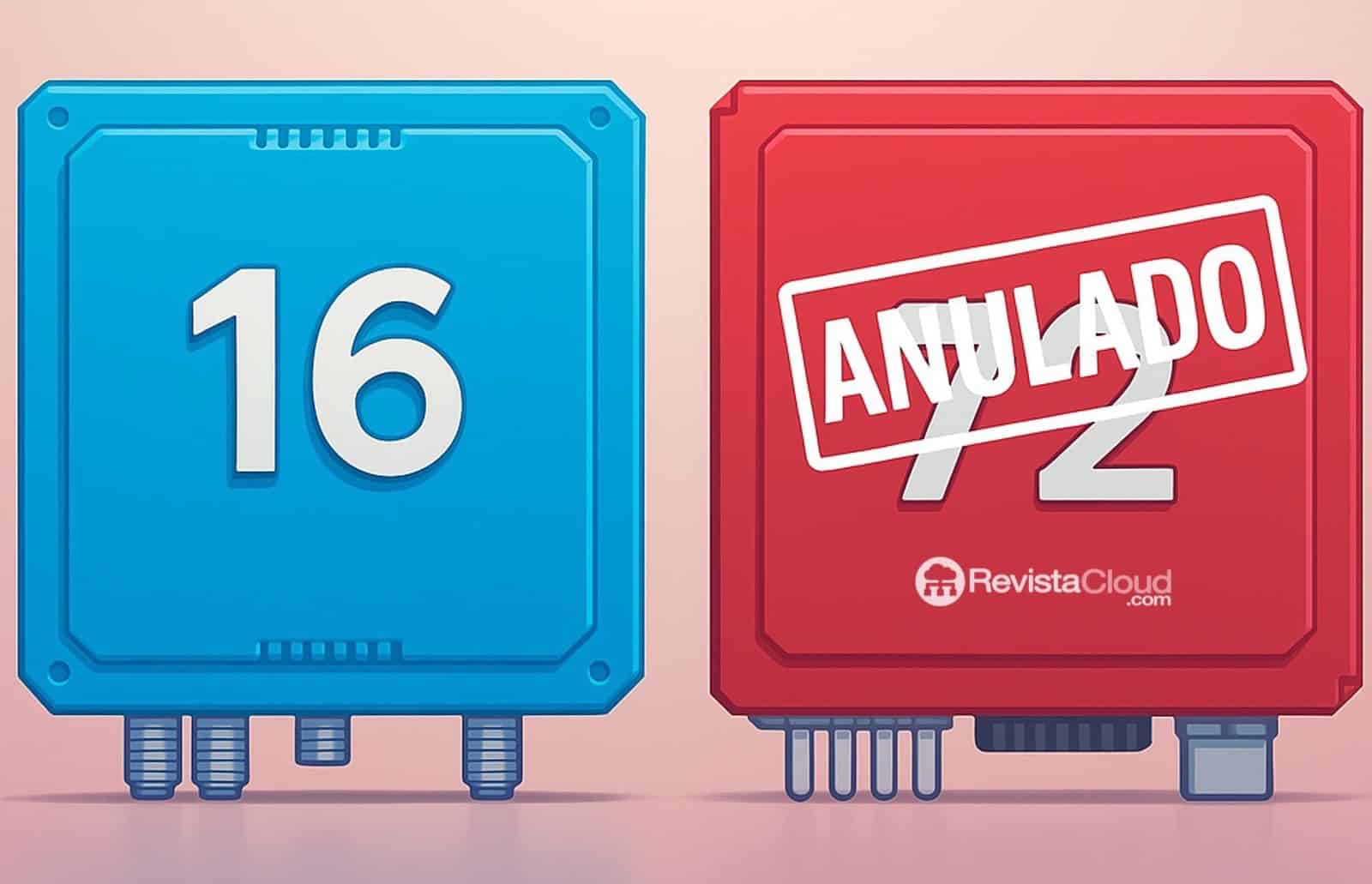The company is reverting to the previous licensing model after pressure from the channel and confusion among customers.
In a new turn of its licensing strategy following the acquisition of VMware, Broadcom has announced that it is revoking the recently imposed rule requiring a minimum base of 72 cores per customer in order to purchase VMware subscriptions. This decision directly affects the EMEA region (Europe, the Middle East, and Africa) and comes as a relief to distributors, integrators, and end customers, who in recent weeks had expressed concern over the rigidity of this rule.
What changes with this decision?
The update means a return to the previous licensing model:
- ✅ Customers will be able to acquire the necessary number of cores based on their environment, without having to meet a minimum threshold of 72 cores.
- ✅ The technical minimum per CPU is maintained: 16 cores minimum per processor.
- ❗ Renewals with notice: it is reminded that subscription contracts must be renewed before their expiration date. Otherwise, a financial penalty for delay will be applied.
A relief for the channel and customers
The 72-core rule, introduced just a few weeks ago, faced strong backlash from partners and customers, who viewed it as disproportionate, especially in smaller environments or those with specific workloads. The measure seemed to force customers to unnecessarily expand their licenses, significantly increasing costs.
This correction by Broadcom addresses those concerns, aiming to soften the impact of changes following the acquisition of VMware and restore trust within the partner ecosystem.
Warning: conditions may still change
Broadcom has made it clear: the current conditions could be modified in the future, and this decision is based on the most up-to-date information available at this moment. The company has expressed gratitude for the patience and understanding of the channel during this period of uncertainty.
This announcement provides some short-term stability, but it also highlights the climate of confusion that has accompanied the early months of the Broadcom-VMware era. Many in the industry remain attentive to how the business model will evolve and whether these fluctuations in commercial policy will become the norm or an exception.

